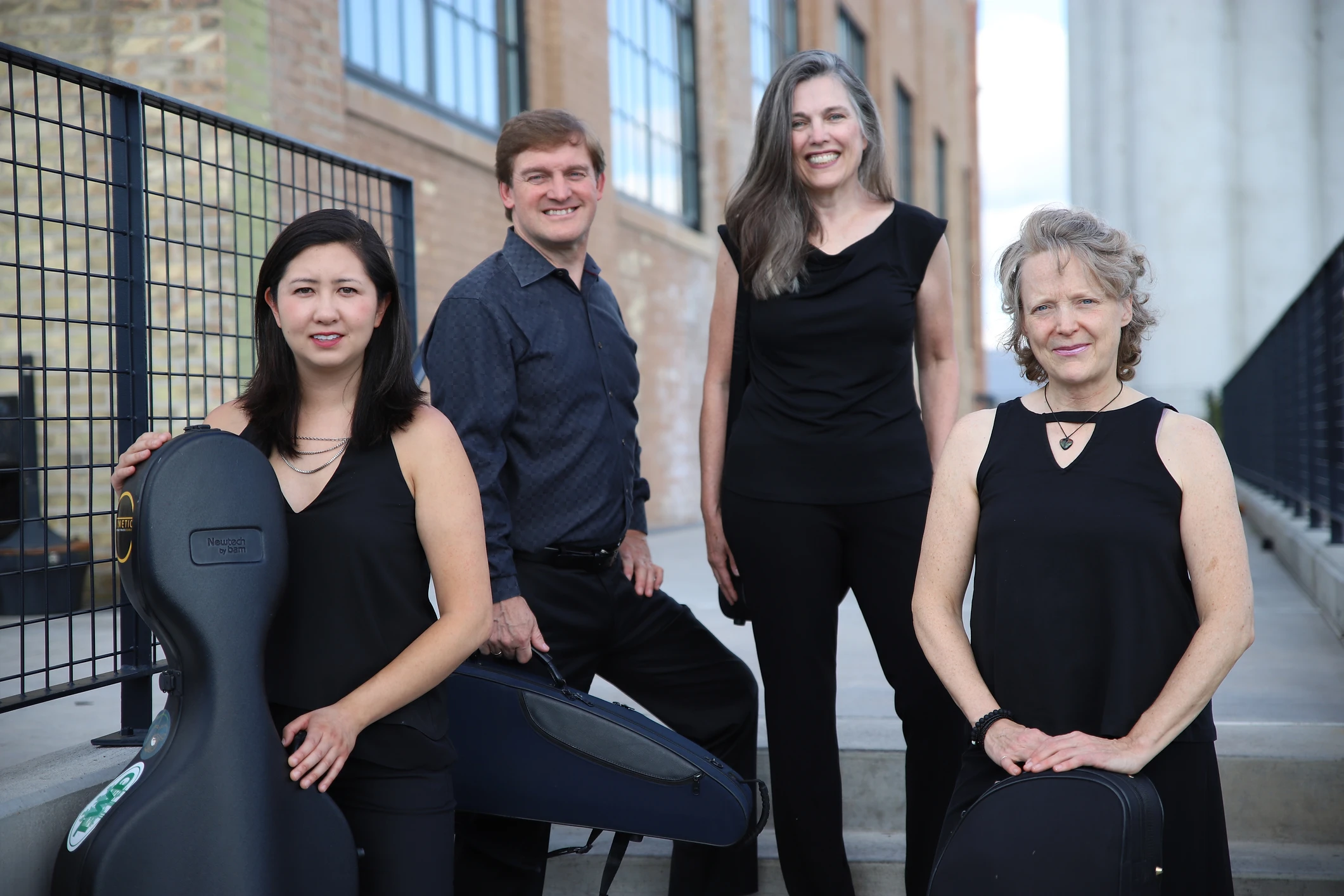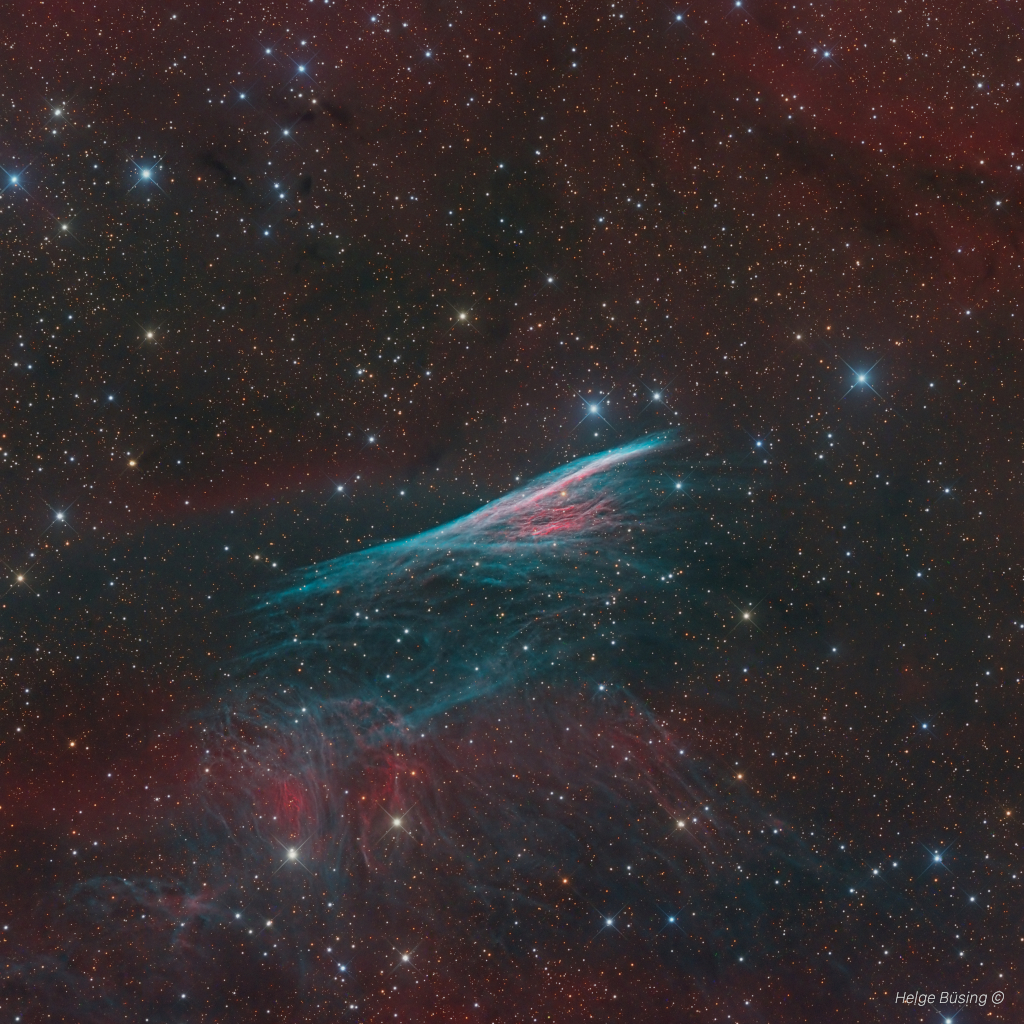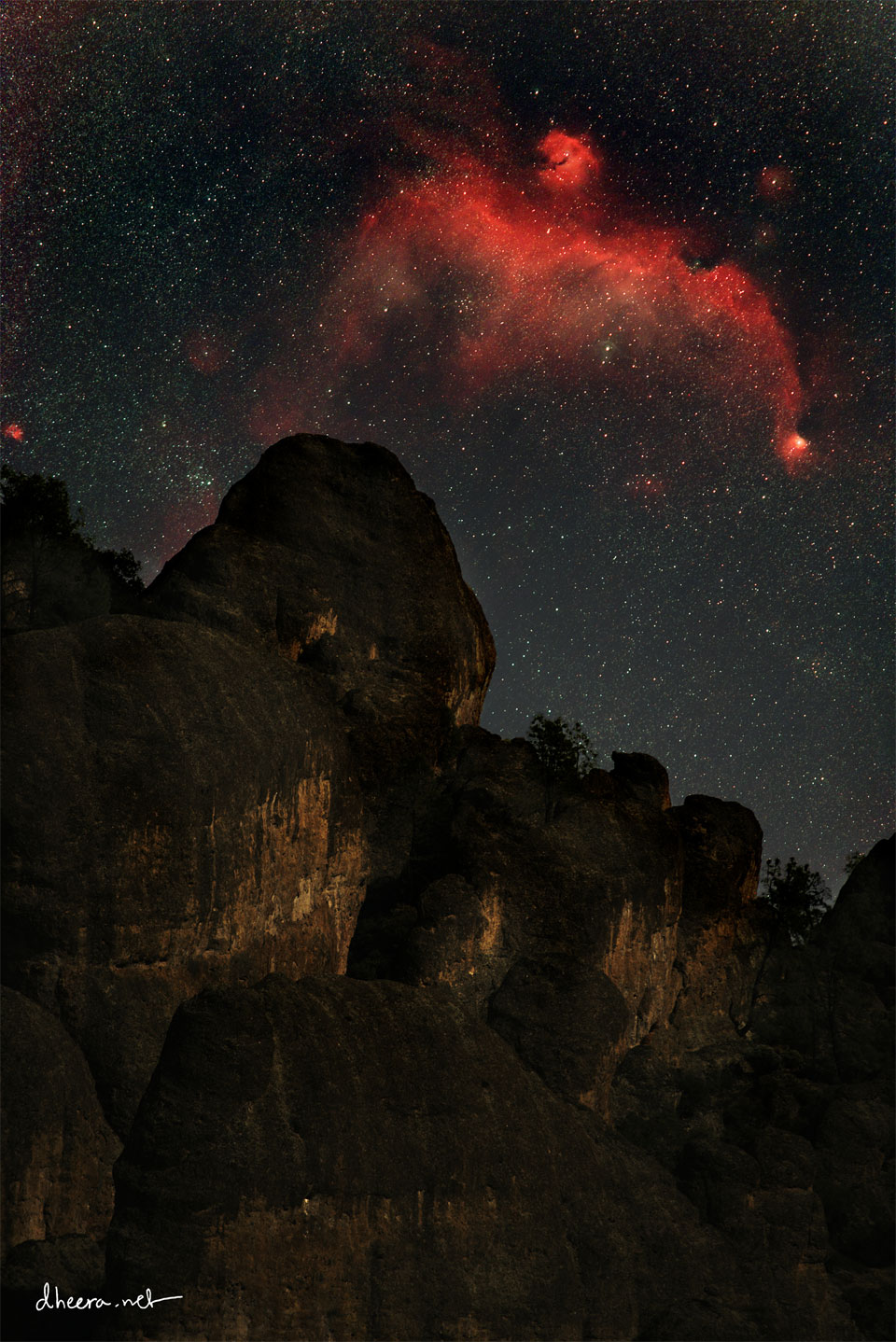Blog
David “Fathead” Newman (February 24, 1933 – January 20, 2009) was an American jazz and rhythm-and-blues saxophonist, who made numerous recordings as a session musician and leader, but is best known for his work as a sideman on seminal 1950s and early 1960s recordings by Ray Charles.
The AllMusic Guide to Jazz wrote that “there have not been many saxophonists and flutists more naturally soulful than David ‘Fathead’ Newman.” Newman was a leading proponent of the “Texas Tenor” saxophone style, a big-toned, bluesy approach popularized by jazz tenor players from that state.
Newman was born in Corsicana, Texas, United States, on February 24, 1933, but grew up in Dallas, where he studied first the piano and then the saxophone.
more...The Celestial Antiquity Event is scheduled on 3-28-24 at UWEC Eau Claire, WI at 7pm. The location of the event will be at Gartner Hall in Haas Fine Arts building on campus of UWEC.



Friday 2-23-24 630pm Shabbat for the Soul service with Jennifer Struss-Klein, Tami Morse and mick laBriola. February is Jewish Disability, Awareness, Acceptance and Inclusion (JDAIM) Month. Mount Zion member, Shelley Robbins, will be our pulpit speaker.
more...
This supernova shock wave plows through interstellar space at over 500,000 kilometers per hour. Centered and moving upward in the sharply detailed color composite its thin, bright, braided filaments are actually long ripples in a cosmic sheet of glowing gas seen almost edge-on. Discovered in the 1840s by Sir John Herschel, the narrow-looking nebula is sometimes known as Herschel’s Ray. Cataloged as NGC 2736, its pointed appearance suggests its modern popular name, the Pencil Nebula. The Pencil Nebula is about 800 light-years away. Nearly 5 light-years long it represents only a small part of the Vela supernova remnant though. The enormous Vela remnant itself is around 100 light-years in diameter, the expanding debris cloud of a star that was seen to explode about 11,000 years ago. Initially, the section of the shock wave seen as the Pencil nebula was moving at millions of kilometers per hour but has slowed considerably, sweeping up surrounding interstellar material.

Wayne Escoffery (born 23 February 1975) is an American jazz saxophonist.
Since 2000, he has been working in New York City with Carl Allen, Eric Reed, and the Mingus Big Band. Other musicians performed with include Ralph Peterson, Ben Riley, Ron Carter, Rufus Reid, Bill Charlap, Bruce Barth, Jimmy Cobb, and Eddie Henderson. He has worked with vocalists including Mary Stallings, Cynthia Scott, Nancie Banks, LaVerne Butler, and Carolyn Leonhart. In addition to performing with his own Quartet featuring David Kikoski, Ugonna Okegwo and Ralph Peterson, Escoffery currently performs and tours with Ben Riley‘s Monk Legacy Septet, The Mingus Band, Ron Carter’s great Big Band, Monty Alexander, Amina Figarova and many others. He is currently a member of The Tom Harrell Quintet and has been since 2006. He has also co-produced four of Harrell’s latest recordings.
Wayne and his mother, Patricia Escoffery emigrated to the United States and settled in New Haven, Connecticut in 1986. He attended ACES Educational Center for the Arts high school.
more...Norman Russell Young (February 23, 1946 – April 14, 2021) was an American guitarist, vocalist and songwriter, best known as one of the frontmen in the influential country rock and Americana band Poco.
A virtuoso on pedal steel guitar, he was celebrated for the ability to get a Hammond B3 organ sound out of the instrument by playing it through a Leslie speaker cabinet and as an innovator of producing other rock sounds from the instrument.
Young was born in Long Beach, California and raised in Colorado. He began playing lap steel guitar at age 6, and taught guitar and steel guitar lessons during his high school years at Jefferson High School, Lakewood, Colorado with George Grantham. During that time, he also played country music in late night bars. Young played in a well known Denver psychedelic rock band “Boenzee Cryque”.
more...John Dawson Winter III (February 23, 1944 – July 16, 2014) was an American singer, guitarist, songwriter and record producer. Winter was known for his high-energy blues rock albums, live performances and slide guitar playing from the late 1960s into the early 2000s. He also produced three Grammy Award-winning albums for blues singer and guitarist Muddy Waters. After his time with Waters, Winter recorded several Grammy-nominated blues albums. In 1988, he was inducted into the Blues Foundation Hall of Fame and in 2003, he was ranked 63rd in Rolling Stone magazine’s list of the “100 Greatest Guitarists of All Time“.
Johnny Winter was born in Beaumont, Texas, on February 23, 1944. He and his younger brother Edgar Winter (born 1946) were nurtured at an early age by their parents in musical pursuits. Both were born with albinism. Their father, a Leland, Mississippi native John Dawson Winter Jr. (1909–2001), was also a musician who played saxophone and guitar and sang at churches, weddings, Kiwanis and Rotary Club gatherings. Johnny and his brother began performing at an early age. When Winter was ten years old, the brothers appeared on a local children’s show with Johnny playing ukulele.
more...Each copla (verse) of the Fandangos de Huelva contains six sets of twelve counts, and dancers usually perform several verses of the song, or trade off performing a verse with another dancer. In a performance, the guitarist plays two or four sets of estribillos before each copla. The singer may also sing the estribillo before the first copla. When performed in the traditional, regional style, steps are characterized by beautiful leg gestures, flicks of the feet, jota steps and jumps, escuela bolera steps and patterns, a small amount of taconeo/zapateado, castanets, and a distinctive arched line in the back of the dancer – torcido – which produces a spiraling effect. The dance is also often performed aflamencada, in a flamenco style that includes footwork, flamenco marking steps and cues, and llamadas and remates that are similar to those found in Bulerías.
The typical scenario for a traditional Fandangos de Huelva dance (performed by soloists or in groups) is as follows:
- Entrance/entrada
-
-
Danced to a musical (with or without cante) estribillo
-
-
1st copla
-
Each verse contains six sets of twelve count phrases, performed with or without castanets, and includes traditional regional or flamenco steps and phrases
-
-
Estribillo transition
-
Two to four sets of twelve count phrases are performed to the estribillo music, acting as transitions between the coplas (verses). These transitions allow dancers to enter or exit the stage.
-
-
Arrimaté
-
A traditional cierre (closing/ending) for cante and baile por Fandangos de Huelva
-
spiral, Messier 106 dominates this cosmic vista. The nearly two degree wide telescopic field of view looks toward the well-trained constellation Canes Venatici, near the handle of the Big Dipper. Also known as NGC 4258, M106 is about 80,000 light-years across and 23.5 million light-years away, the largest member of the Canes II galaxy group. For a far far away galaxy, the distance to M106 is well-known in part because it can bedirectly measured by tracking this galaxy’s remarkable maser, or microwave laser emission. Very rare but naturally occurring, the maser emission is produced by water molecules in molecular clouds orbiting its active galactic nucleus. Another prominent spiral galaxy on the scene, viewed nearly edge-on, is NGC 4217 below and right of M106. The distance to NGC 4217 is much less well-known, estimated to be about 60 million light-years, but the bright spiky stars are in the foreground, well inside our own Milky Way galaxy.

more...
Joseph James LaBarbera (born February 22, 1948) is an American jazz drummer and composer. He is best known for his recordings and live performances with the trio of pianist Bill Evans in the final years of Evans’s career.His older brothers are saxophonist Pat LaBarbera and trumpeter John LaBarbera.
He grew up in Mount Morris, New York. His first drum teacher was his father. For two years in the late 1960s he attended Berklee College of Music, then went on tour with singer Frankie Randall. After Berklee he spent two years with the US Army band at Fort Dix, New Jersey. He began his professional career playing with Woody Herman and the Thundering Herd.
more...Ernest Kador Jr. (February 22, 1933 – July 5, 2001), known by the stage name Ernie K-Doe, was an American R&B singer best known for his 1961 hit single “Mother-in-Law“, which went to number 1 on the Billboard pop chart in the U.S.
Born in New Orleans, K-Doe recorded as a member of the group the Blue Diamonds in 1954 before making his first solo recordings the following year. “Mother-in-Law“, written by Allen Toussaint, was his first hit, reaching number 1 on both the Billboard pop chart and the Billboard R&B chart. In the UK, the song peaked at number 29. K-Doe never had another top-40 pop hit, but “Te-Ta-Te-Ta-Ta” (number 21, 1961) and “Later for Tomorrow” (number 37, 1967) both reached the R&B top 40.
more...George Holmes “Buddy” Tate (February 22, 1913 – February 10, 2001) was an American jazz saxophonist and clarinetist.
Tate was born in Sherman, Texas, United States, and first played the alto saxophone. According to the website All About Jazz, “Tate was performing in public as early as 1925 in a band called McCloud’s Night Owls.” Tate’s 2001 New York Times obituary stated that “he began his career in the late 1920s, playing around the Southwest with bands led by Terrence Holder, Andy Kirk and Nat Towles.
more...Zitkala-Ša, also Zitkála-Šá (Lakota: Zitkála-Šá, meaning Red Bird; February 22, 1876 – January 26, 1938), was a Yankton Dakota writer, editor, translator, musician, educator, and political activist. She was also known by her Anglicized and married name, Gertrude Simmons Bonnin. She wrote several works chronicling her struggles with cultural identity, and the pull between the majority culture in which she was educated, and the Dakota culture into which she was born and raised. Her later books were among the first works to bring traditional Native American stories to a widespread white English-speaking readership.
She was co-founder of the National Council of American Indians in 1926, which was established to lobbyfor Native people’s right to United States citizenship and other civil rights they had long been denied. Zitkala-Ša served as the council’s president until her death in 1938. Zitkala-Ša has been noted as one of the most influential Native American activists of the 20th century. Working with American musician William F. Hanson, Zitkala-Ša wrote the libretto and songs for The Sun Dance Opera (1913), the first American Indian opera. It was composed in romantic musical style, and based on Sioux and Ute cultural themes.
more...Nicknamed for its avian shape, the Seagull Nebula is an emission nebula on the night sky that is vast, spanning an angle over five times the diameter of the full moon and over 200 light years. The head of the nebula is catalogued as IC 2177, and the star cluster under its right wing is catalogued as NGC 2343. Consisting of mostly red-glowing hydrogen gas, the Seagull Nebula incorporates some dust lanes and is forming stars. The peak over which this Seagull seems to soar occurs at Pinnacles National Park in California, USA. The featured image is a composite of long exposure images of the background sky and short exposure images of the foreground, all taken consecutively with the same camera and from the same location.

Edward Haydn Higgins (February 21, 1932 – August 31, 2009) was an American jazz pianist, composer, and orchestrator. His performance and composition in 1959’s “Cry of Jazz” is preserved in the Library of Congress’ National Film Registry.
Born and raised in Cambridge, Massachusetts, United States, Higgins initially studied privately with his mother. He started his professional career in Chicago, Illinois, while studying at the Northwestern University School of Music and earned a spot in fellow Northwestern alumnus Paul Severson‘s band in 1956 before leading his own band in 1957.
more...More Posts
- Happy Halloween 2023
- Cosmos NGC 7380
- John Guerin
- Ali Farka Touré
- Booker Ervin
- Illinois Jacquet
- World Music Trio Mandili
- Daily Roots Tony Tuff
- Rhythm Roots Workshop @ St Therese Senior Communities
- Cosmos NGC 1566
- Grace Slick
- Trilok Gurtu
- Poncho Sánchez
- Clifford Brown
- World Drumming Babatunde Olatunji
- Daily Roots Willie Lindo
- Cosmos NGC 6820
- Denny Laine
- Peter Green
- Zoot Sims